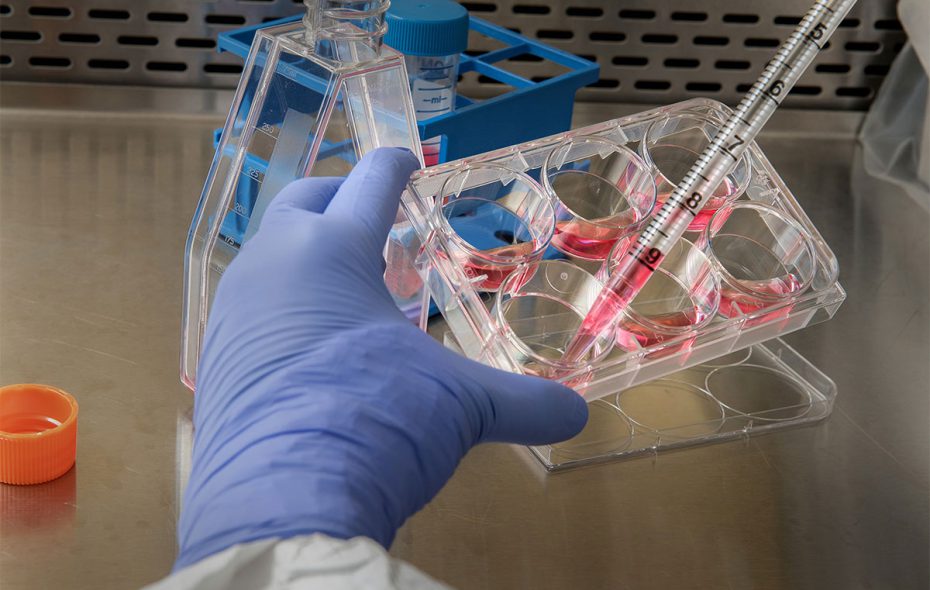
Cambridge, UK. 16th January 2013 – Crescendo Biologics Limited (Crescendo) today announces the Crescendo Mouse, a breakthrough in antibody fragment technology which allows the efficient generation of high-quality fully human single domain antibody VH fragments from a transgenic mouse.
VH fragments are next-generation antibody-based therapeutic proteins that have exciting applications beyond the scope of full length antibodies. They are the smallest antibody fragments that retain the ability to bind antigens specifically and with high affinity and, when generated in the Crescendo Mouse, human VH have superior biophysical properties that make them highly attractive drug products. VH fragments can be formulated for topical delivery, are highly amenable to modular engineering of bispecific and multivalent products, have superior tissue penetration characteristics, and are simple to manufacture in microbial systems.
Mike Romanos, CEO of Crescendo, said, “The majority of recent approvals for monoclonal antibody therapeutics have been fully human and derived from transgenic mice. Transgenic mice are highly valued for their ability to generate fully human antibodies that develop in vivo, through the natural process of B cell maturation, and require little or no further manipulation to create highly potent therapeutics. The Crescendo Mouse combines all the benefits of transgenic mouse technology with the excellent drug qualities of single domain VH fragments. We believe this will enable rapid generation of superior therapeutic products, and fully realise the potential of human VH fragments in the development of our pipeline and that of future partners.”
Key to generation of VH fragments in the mouse is Crescendo’s proprietary triple knock out (TKO) background, which is completely devoid of all endogenous immunoglobulin chains, and therefore enables in vivo maturation of human VH single domains uncontaminated by association with any light chains. B cell development within the Crescendo Mouse is driven from a construct introduced into the TKO background that combines human V- D- and J-genes, together with murine constant and regulatory regions, to generate heavy chain only antibodies. The power of the mouse immune system is consequently fully harnessed to drive B cell development and maturation, leading to a diverse repertoire of fully-human VH domains with superior stability and solubility.
The Crescendo Mouse responds robustly to immunisation with target proteins and in vivo B cell maturation yields diverse human VH domains, from all VH families, which have also undergone somatic hypermutation. Because the antibody response following immunisation is entirely encompassed within the VH domain, Crescendo has been able to develop a fully integrated discovery process utilising in vitro display to comprehensively mine and rapidly identify VH drug candidates directly from immunised mice. Purified VH fragments have been shown to bind immunogen with high affinity, exhibit very high thermostability and have excellent expression levels. These data indicate that B cell maturation in the Crescendo Mouse is driving selection and optimisation of matured human VH domains, with all of the properties that make them highly potent, drug quality antibody-based therapeutics.
Crescendo has commenced discovery for its own pipeline of therapeutic products, and is in discussion with pharmaceutical companies interested in accessing the Crescendo Mouse.